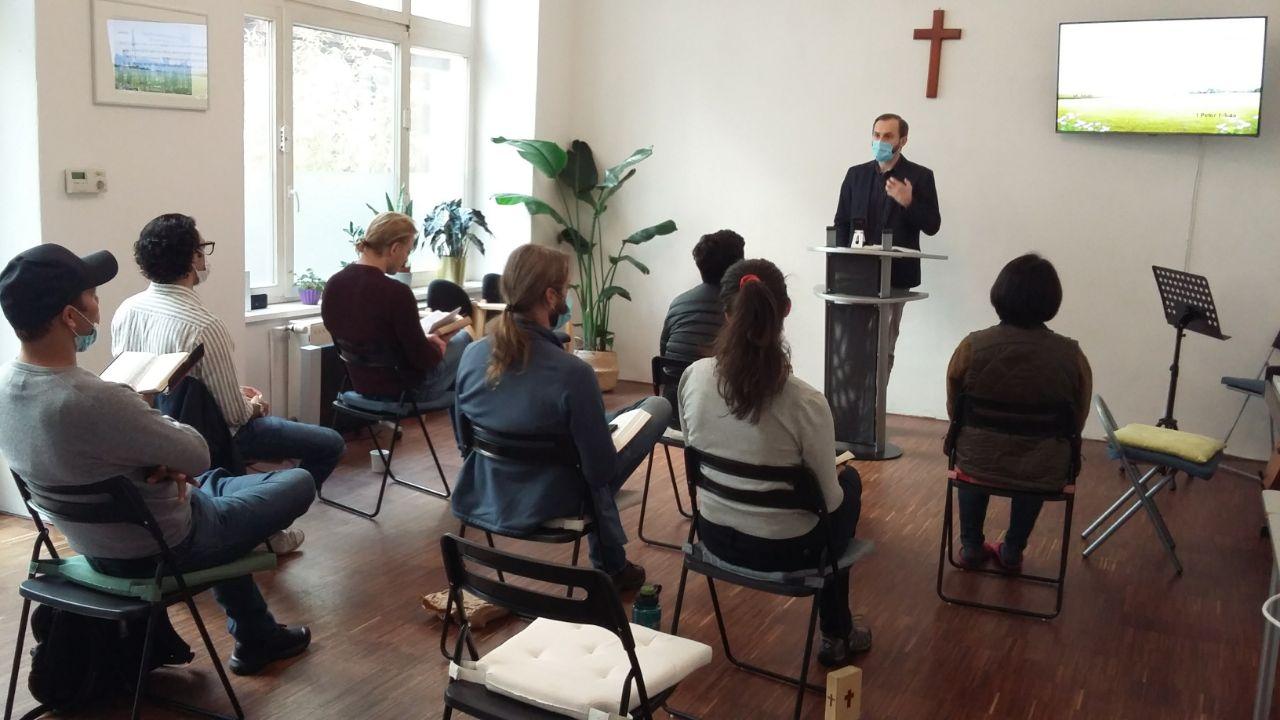Asaph, the author of Psalm 73, looked at the prosperity of the wicked and he felt regret that he devoted his life to God. He was deeply troubled by this question – why do the ungodly prosper, why do they experience no struggle and illness, but the godly must suffer? Asaph saw how the wicked mock God and yet go on unpunished, while he had worked hard to keep his heart and hands pure before God just to suffer affliction every day. Asaph began to envy the ungodly, and he almost lost the foothold of his faith, but as he entered God’s sanctuary (Ps 73:16-17) to find answer to what troubled him so deeply, he repented that he had questioned God’s goodness. Asaph realized that in his bitterness, he was ignorant of God’s mercy towards him (vs 21-22). He realized that the Lord did not reject him when he doubted God’s love and when he questioned his goodness and wisdom, instead he held him by his hand and lead him through his struggle (vs 23). When we realize that there is no greater blessing than to be in God’s presence (vs 28) and that itself is an amazing gift of God’s grace, we are humbled immediately and our hearts go towards those who perish without knowing God’s love in Christ (vs 27). We will never envy those who don’t know God and we will never pity ourselves if we truly know the greatness of God’s grace given to us in Christ Jesus, and we will never again be legalistic and uncompassionate as Zophar was to his neighbor, but we will simply love because He first loved us.
